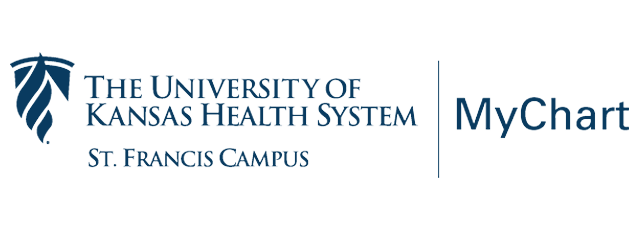Tidbit Tuesday: Carbohydrates
Are carbohydrates after weight loss surgery bad? NO! Not all carbohydrates are bad and they are one of the six essential nutrients that make up our diets. Despite their bad reputation, carbs are necessary for survival and are your body’s main source of energy. They fuel your kidneys, heart muscles, brain and central nervous system.
Healthy carbs are things that contain protein (beans, lentils, peas, milk and yogurt) or fiber (beans, whole grains and whole fruits).
There are 2 types of carbohydrates:
• Complex carbohydrates include starches and fiber. The carbs in these foods are called complex because the size of the carbohydrate molecules is larger and takes longer to digest and use. Foods in this group will help us feel fuller longer because digestion is slower. Examples of complex carbs include whole grains, whole vegetables, whole fruit, beans and lentils. The impact on blood sugar levels is slower with complex carbohydrates.
• Simple carbohydrates are known as “simple sugars”. This type of carbohydrate is called simple because the sugar molecule is small and therefore not much digestion and breakdown are needed for these sugars to enter our bloodstream. These sugars have a greater and quicker impact on blood sugar levels. Simple carbs are glucose, fructose, galactose, sucrose and lactose. Examples of simple sugar foods are milk and dairy products, processed flour and sugar products such as candy, soda, cookies and pies as well as some fruits and vegetables. This type of carbohydrate is a little tricky because simple sugars are often called “bad” carbohydrates. The bad carbohydrates are typically your processed food items. Foods such as dairy, fruit and vegetables provide lots of vitamins, minerals and fiber that are essential to health.
Beware of slider foods which are things such as chips, crackers and cookies - foods where the portion size is small, calories are high and they are not contributing protein, fiber or other healthy things to your diet. These foods are often easy to eat and digest but they don’t give lasting feelings of fullness. You can eat more of these types of foods, which can lead to a weight loss plateau or weight re-gain.
If you have any questions, feel free to call our office at 785-232-0444.
Recipe Share:
Lebanese Lentils & Rice with Caramelized Onions
Servings per recipe: 2
Amount per serving:
Calories 196 Sodium 1010.4mg Protein: 9.7g Cholesterol 0
Total Fat 5.6g Total Carbs 35.8g Dietary Fiber 6.4g
This is an easy, fantastic and flavorful way to enjoy the benefits of protein, complex carbohydrates and potassium-packed lentils and brown rice.
· ½ cup (pre-cooked dry measure) whole grain instant brown rice
· ½ cup (pre-cooked dry measure) lentils
· 1 can reduced sodium, reduced fat chicken broth, divided
· 1 cup onion, chopped
· 2 tsp olive oil, divided
· Salt and Pepper to taste
· Prepare rice according to package directions, substituting broth for half of the water and using 1 tsp olive oil to add flavor and prevent sticking.
· Prepare lentils in a separate pot according to package directions, using the rest of the broth to substitute for half the water.
· While lentils and rice are simmering on medium-low heat, (about 25 minutes), chop onion and saute chopped onion in 1 tsp olive oil over medium heat until it has softened and caramelized (but not scorched). This will take about 15-20 minutes.
· When lentils are finished cooking, drain remaining liquid from lentils and mix together in a serving bowl the onions, lentils, and rice.
· Add salt and pepper to taste
*Note--this is great as a side dish; you can also grill and chop a chicken breast and add it in for even more lean protein.



